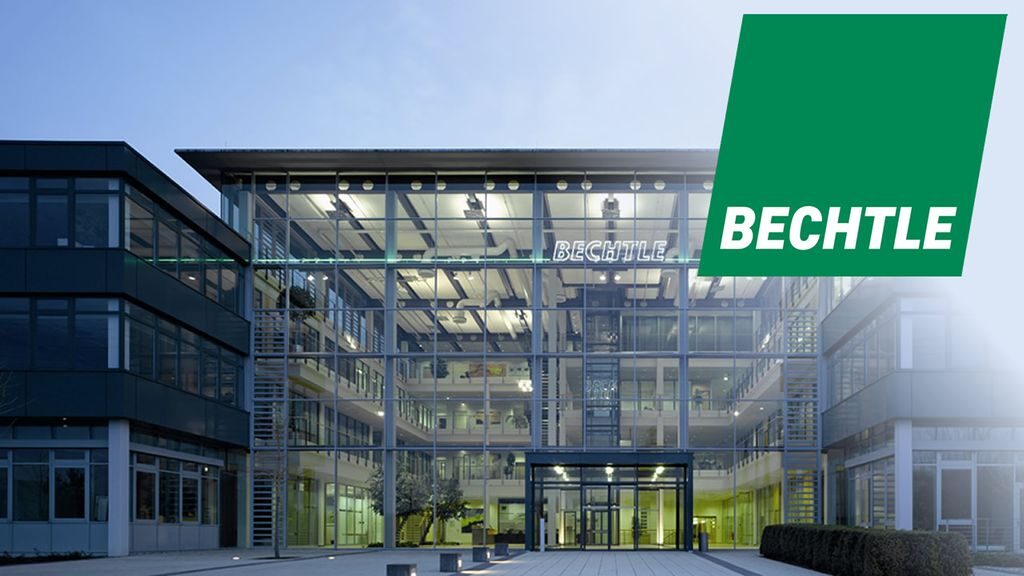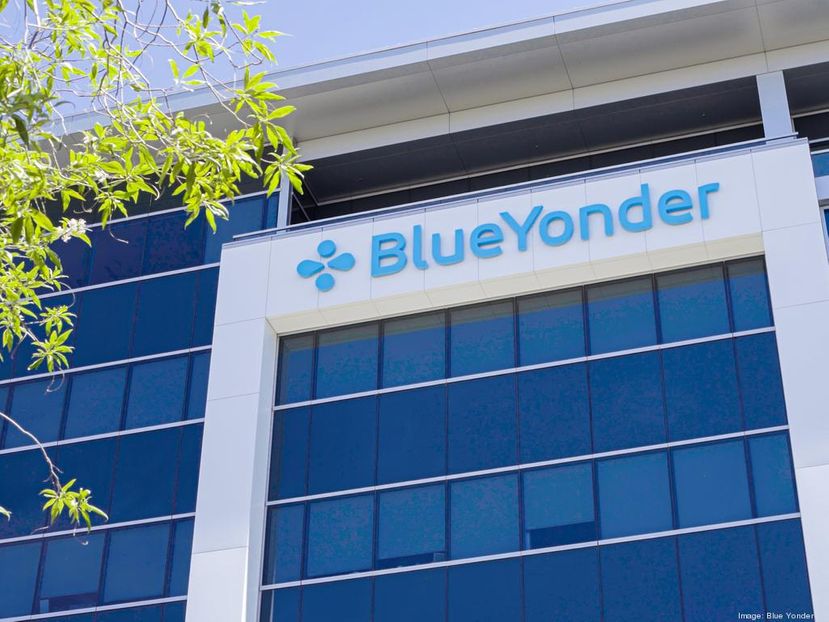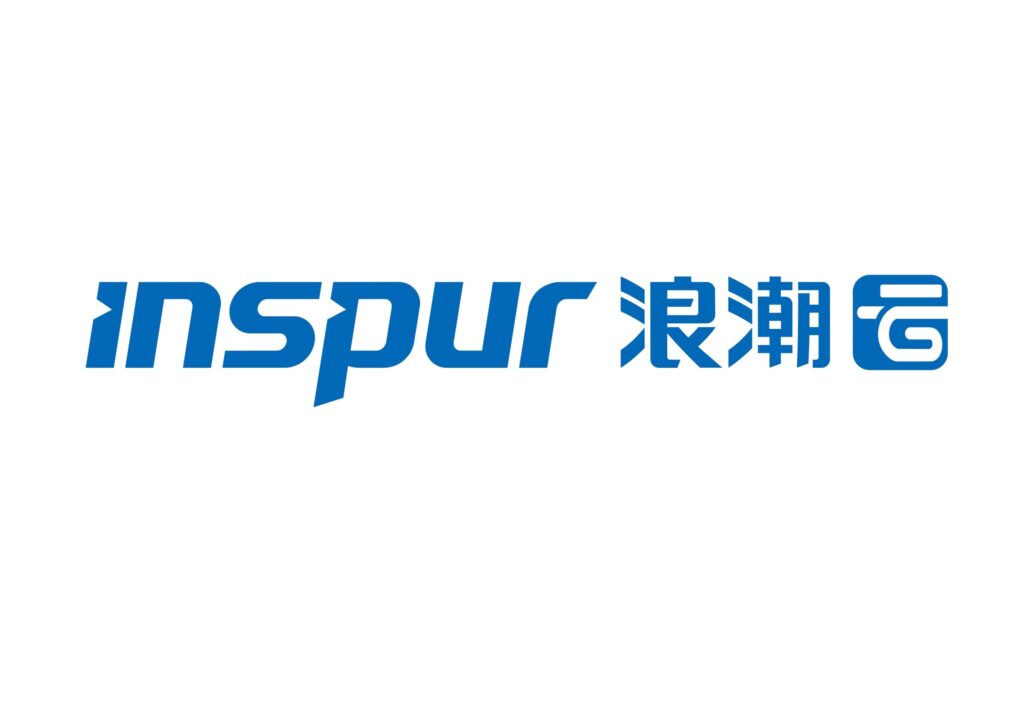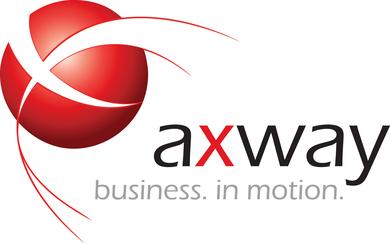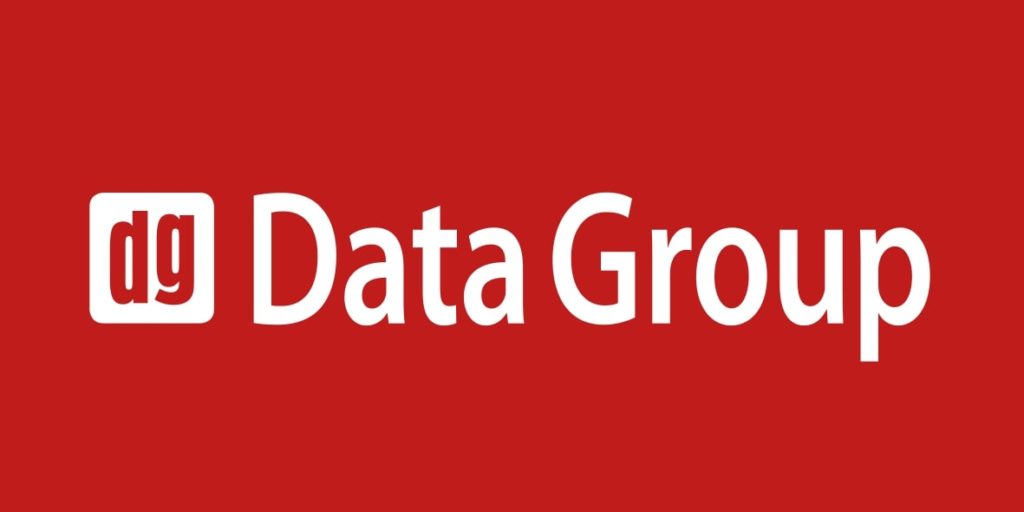Mphasis – Assisting Firms in Global Business Transformation From 1993.
Mphasis Group, a worldwide, multicultural organization located in Bengaluru, India, specializes in offering clients worldwide a spectrum of application development and maintenance services, infrastructure outsourcing services, and business and knowledge process outsourcing solutions. MphasiS Limited (MphasiS) was established on August 10, 1992. It was created by the merging of MphasiS Corporation, a US-based IT consulting firm, and BFL Software Limited, an Indian IT services firm. Australia, Belgium, Canada, France, Germany, India, Ireland, Mauritius, the Netherlands, the People’s Republic of China, the Philippines, Poland, Singapore, the United Kingdom, and the United States of America all have subsidiaries.
History Of The Company
In 1993, the company deployed extra workstations and equipment in order to develop its operations. MphasiS was awarded the ISO 9001-1994 accreditation by BVQ U.K. in 1995. In order to provide high-quality service to its customers, the company was reorganized in 1996 into six independent Business Units (IBUS). Compaq Development Center, Tandem Solution, Applications, Systems and Networking, Products, and Y2K are among them. In 1997, the company signed a long-term software development agreement with the US-based Compaq Corporation. That same year, MphasiS established a dedicated software development center for the US-based Lanier Worldwide, specializing in medical documentation management, and it also formed a strategic alliance with two US-based companies in order to enter the international market. In 1998, the company established a subsidiary in the United States and began a consulting activity to provide higher-margin services. During the same year, the Company launched its first healthcare product in the international market and signed an agreement with Net Communications, a subsidiary of Malaysia’s Netcard Corporation Berhard, to develop and market netKIOS globally.
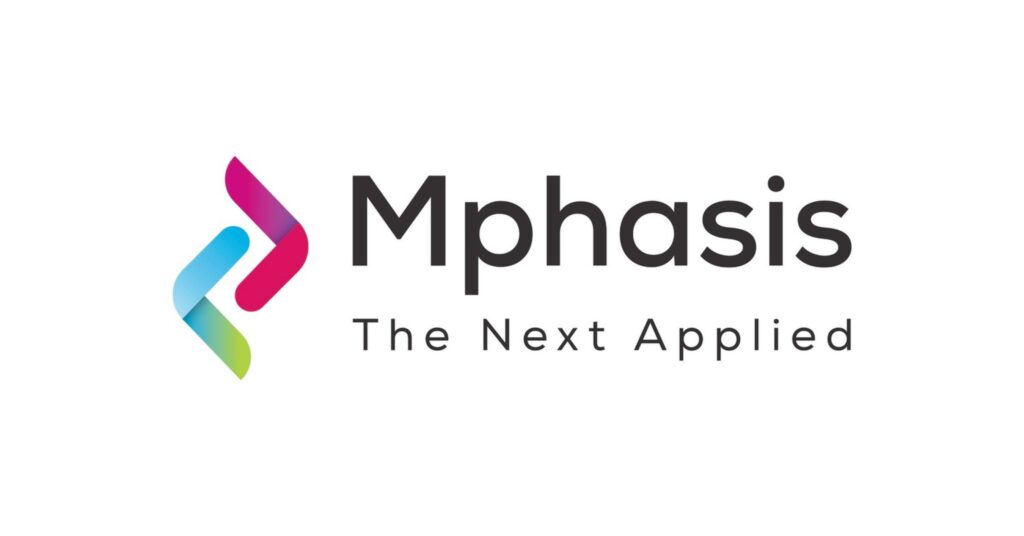
The Turning Point
Mphasis fortunes have been transformed by a takeover by the US-based private equity firm Blackstone and a fast reversal in the HP channel, which accounts for over 30% of its sales.
In September 2016, Blackstone purchased a majority 60.5 percent share in the Bengaluru-based IT services company from Hewlett-Packard Enterprise (HPE). Aside from that, a fast turnaround in the company’s HP business, which had been declining 15-20% each year until two years ago, proved to be a windfall. (HP/DXC is a shared entity/segment that arose after HP merged with another company, CSE, and is now known as DXC.) The turnaround is evident in the stock price of MphasiS, which has nearly doubled (up 93.5%) from Rs 500 on November 11, 2016, to Rs 968 on November 12, 2018. The stock beat most of its peers in the IT sector and the S&P BSE Sensex, rising 30% over this time period. Before this, MphasiS had declined for six years, falling 14% from Rs 581 in November 2010 to Rs 500 in November 2016. During this time, IT equities have risen by nearly 5,000%.
Mphasis At Present
Mphasis’ revenue ranks seventh among its top ten competitors. The top ten contestants have an average of 2.9B. Mphasis’ revenue has increased by 2.9 percent during the last four quarters. In the June quarter, net profit increased 3.9 percent year on year but declined 22.1 percent sequentially to 275.1 crores.
The banking and capital markets and logistics and transportation industries, which expanded 22.1 percent and 21.6 percent year on year during the June quarter, will be the primary drivers of growth.
In Q1, the company obtained new orders of $259 million in total contract value (TCV), with 79 percent of the deals pertaining to ‘new-gen’ services, which essentially allude to its digital business, which includes cloud, automation, and related technologies.
Jeroen Tas and Jerry Rao – Founders
Jeroen Tas and Jerry Rao co-founded MphasiS, an IT company, in 1998, which later merged with Indian IT services firm BFL Software in 2000.
Jeroen co-founded and served as President, COO, and Vice-Chairman of the board of MphasiS, an IT and BPO business bought by HP in 2006. Prior to joining MphasiS, he was the head of Transaction Technology, Inc., Citigroup’s tech lab, where he was in charge of the bank’s customer-facing technologies, such as Internet banking and self-service devices. Jaithirth Rao, often known as Jerry Rao, is a Mumbai-based Indian businessman and entrepreneur. He is the founder and former CEO of MphasiS software and the Executive Chairman of Value and Budget Housing Corporation. Jerry Rao has been regarded as one of India’s top banking and finances minds over the past two and a half decades. Rao was the Chairman and CEO of Transaction Technology Inc, and then the Global Electronic Card Division, before leaving Citi. He also served on Citicorp’s Internet Steering Committee.

I am a second-year student pursuing Liberal Arts from Nmims. I am a painter, I love reading and have a great interest in cooking. I am also a trained kickboxer. I’ve always had a passion for writing and hence in my free time, I work as a freelance writer.
